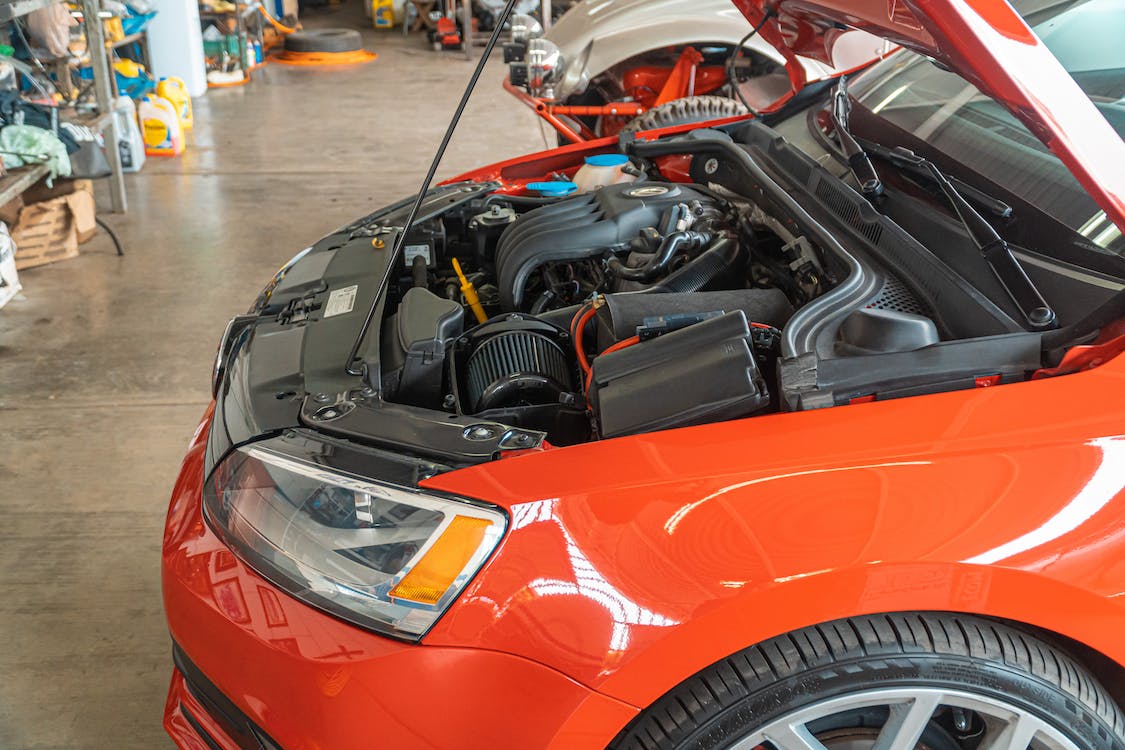
Legal Requirements When Starting a Mechanic Shop
Starting an auto repair shop is an exciting venture that can provide great satisfaction and financial success. However, it’s crucial to remember that setting up a business involves more than just wrenches and grease – you also need to navigate legal and regulatory requirements.
These requirements are in place to protect both you and your customers, and failing to comply with them can result in serious consequences. This includes obtaining the proper permits and licenses, following safety regulations, and having adequate insurance coverage.
So when you plan on how to open a mechanic shop, you should also keep these legal requirements in your notice.
In addition to these requirements, it’s also important to consider how you will manage your shop efficiently and effectively. This is where auto repair software can come in handy.
By using specialized software designed for auto repair shops, you can streamline many of the administrative tasks involved in running a business, such as inventory management, scheduling, and billing.
By the end of this blog, you’ll have a better understanding of what it takes to start and run a successful auto repair shop while staying compliant with legal and regulatory requirements.
Table of Contents
Why Legal and Regulatory Requirements Matter for Your Auto Shop?
Legal and regulatory requirements are crucial for any business, and auto shops are no exception. Auto shops must comply with various legal and regulatory requirements to operate lawfully and protect their customers’ safety and well-being.
Failure to comply with these requirements can result in significant fines and legal penalties, damage to reputation, and even closure of the business.
In the auto shop industry, there are several legal and regulatory requirements that must be adhered to, such as environmental regulations, safety standards, and consumer protection laws.
For example, auto shops must comply with federal and state regulations that govern the disposal of hazardous waste and fluids, such as oil and coolant.
If you’re looking for ways to start an auto repair shop, it’s essential to understand the steps involved in starting this type of business.
One of the first things you should do is research the legal requirements and regulations that apply to auto repair shops in your area. This includes choosing a legal entity, registering your business, obtaining necessary licenses and permits, and complying with zoning laws and building codes.
I will completely guide you on what are different legal considerations involved in how to start a mechanic shop. So if you are thinking about how to open a mechanic shop this blog is going to be very helpful in your guidance related to legal requirements needed to open an auto repair garage.
Choosing a Legal Entity
Choosing a legal entity is a crucial first step for any business, including auto repair shops. The right legal entity can impact how the business is taxed and how it is structured. For instance, choosing a limited liability company (LLC) can provide liability protection while allowing flexibility in management.
Registering Your Auto Repair Business
Registering the business is also necessary to comply with legal requirements. Auto repair shops must obtain a tax ID number, register with the Secretary of State, and obtain all necessary licenses and permits.
Zoning Laws and Building Codes
Zoning laws and building codes are also important to follow. These laws regulate the use of land and the construction of buildings. Failure to comply with these laws can lead to legal disputes and hefty fines.
Insurance Requirements
Insurance is another critical consideration for auto repair shops. They need insurance policies, such as general liability insurance and workers’ compensation insurance, to protect against potential accidents or injuries on the premises.
Regulatory Requirements
Regulatory requirements, such as environmental regulations, workplace safety regulations, hazardous material handling regulations, and labor laws, must also be followed to operate legally and safely.
It’s important to do your research, understand the requirements in your area, and work with qualified professionals to ensure that your business is properly registered and compliant with all relevant regulations.
Contracts and Agreements
Contracts and agreements are another essential part of running an auto repair shop. These include customer and supplier contracts, leasing agreements, and partnership agreements.
Having these agreements reviewed by a lawyer ensures that they are legally binding and protect the interests of the shop and its customers.
Taxation
When it comes to running an auto repair shop, understanding the various tax obligations is critical to staying compliant and avoiding legal issues.
As with any business, auto repair shops are subject to federal, state, and local taxes, which can include income tax, sales tax, u, payroll tax, and self-employment tax.
Get in Gear: How to Start an Auto Repair Shop?
First and foremost, it’s important to research and comply with all relevant laws and regulations. However, once the legalities are taken care of, it’s important to create a solid business plan. This includes identifying your target market, defining your services, and establishing pricing and marketing strategies. You’ll also need to determine the type and quantity of equipment and supplies you’ll need to get started.
One of the most important aspects of starting an auto repair shop is hiring skilled and experienced technicians. Look for individuals with relevant certifications and experience in the industry. Investing in ongoing training and education for your team can also help ensure high-quality service and customer satisfaction.
It’s also important to establish strong relationships with suppliers and vendors. This can help ensure you have a steady supply of quality parts and supplies at competitive prices.
In addition to providing excellent service, building a strong online presence can help attract new customers and build your reputation. Consider investing in a professional website and social media marketing to promote your business.
Conclusion
In conclusion, understanding the legal and regulatory requirements involved in how to start a mechanic shop, is crucial to ensure compliance and protect both the business and its customers.
These requirements include choosing a legal entity, registering the business, complying with zoning laws and building codes, obtaining car insurance coverage, following regulatory requirements, and having contracts and agreements reviewed by a lawyer.
By taking these steps and working with qualified professionals, auto repair shop owners can set themselves up for success while staying compliant with the legal and regulatory requirements of their area.
Overall, starting an auto repair shop requires careful planning, attention to detail, and a commitment to providing high-quality service. With the right approach and a dedication to customer satisfaction, it can be a highly rewarding business venture.
May 29, 2023



















